
Starting June 1st, 2023 Our warehouse fee will be $0.65/cubic foot per month
In effort to lower the warehouse storage fee during inflation, we have went narrow aisle racking.This construction took us four months but the project is finally completed. With narrow aisle racking, we are able to drop storage by 24%.We as partners will go through this inflation together.
12/24/2023
In an era where time is as valuable as the goods we exchange, logistics services stand as the unsung heroes, orchestrating the symphony of global trade with precision and agility. Logistics ensuring that the right items reach the right hands, at the right time, and in perfect condition. Join with Worldcraft Logistics company delve into the fascinating world of logistics services. Discover how our tailored solutions bridge distances, connect markets, and fuel economies, cost...
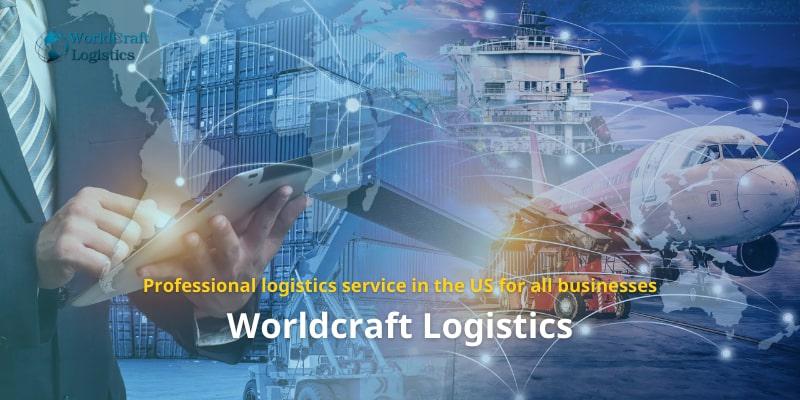
To answer the general question "What Are Logistics Services?", we will analyze and clarify each part for you to visualize more easily.
Logistics services encompass every aspect of the supply chain, extending from the factory to the final consumer. These services cover the transportation of goods from the manufacturer to the warehouse, the warehousing and fulfillment of orders, and the delivery to the ultimate customer.
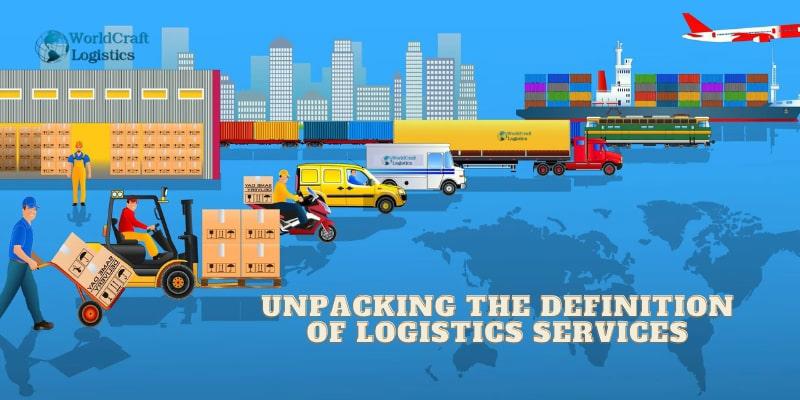
The components of logistics services include:
☑️ Transporting goods from the factory to the fulfillment warehouse.
☑️Warehousing and executing order fulfillment.
☑️Shipping outbound orders and delivering them to customers.
This description offers a simplified view of logistics services. Delving deeper, each stage of the supply chain presents a variety of options, choices, and dynamics. Depending on the specific needs of your eCommerce business, you can select from different types of logistics services to optimize your operations.
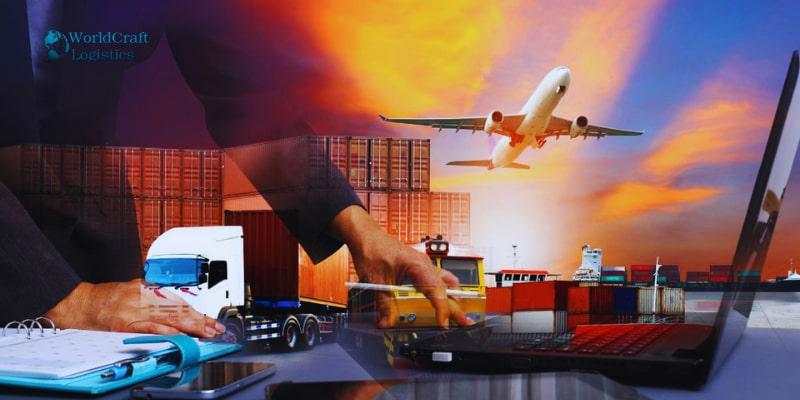
Absolutely, let's dive into the heart of this article. We're going to explore and discuss in detail the eight vital types of logistics services that are instrumental in streamlining and enhancing supply chain operations. These include:
Freight forwarding: This service specializes in arranging the transport of goods on behalf of shippers, utilizing a network of carriers to ensure efficient and cost-effective movement of products.
Inventory management: Optimizing the storage, ordering, and use of inventory to ensure adequate supply without excess.
Warehouse services: Offering storage solutions along with additional services like packing, picking, and shipping, tailored to different business needs.
Third-party logistics: These services involve outsourcing various aspects of logistics operations to a third-party provider, who manages everything from warehousing to distribution.
Port services: Essential in international trade, these services cover the management of cargo at seaports, including loading, unloading, storage, and customs clearance.
Courier shipping: Specializing in the quick and reliable delivery of packages and documents, courier shipping services are key for time-sensitive and high-priority shipments.
Logistics software services: Transportation Management System (TMS) services provide software solutions that optimize the planning, execution, and optimization of the physical movement of goods.
Stevedoring and Cargo Handling: Specializing in loading and unloading cargo from ships, including handling of all types of cargo.
In-house logistics: This refers to managing the logistics processes internally within a company, overseeing aspects such as transportation, warehousing, and distribution in-house.
Each of these services plays a vital role in ensuring the smooth and efficient movement of goods, from the point of origin to the final destination, catering to the diverse needs of different industries and businesses.
First, you must find out "What is Logistics Service Provider?" Logistics Service Providers (LSPs), or third-party logistics (3PL) providers, specialize in managing the transport and storage of goods, from raw materials to finished products. This is particularly vital for growing e-commerce businesses facing customer demands for quick deliveries. LSPs offer scalable warehouse solutions across various locations, which is more cost-effective than maintaining multiple warehouses. Their services range from simple shipping to complete supply chain management. Businesses must understand their logistics needs to effectively leverage LSPs, balancing the benefits with the costs involved.

Worldcraft Logistics is recognized as a reputable Logistics Service Provider (LSP) in the United States. Us specialize in offering comprehensive logistics solutions, including transportation, warehousing, and supply chain management, tailored to meet the diverse needs of various businesses. Their expertise in efficiently handling logistics operations makes them a trusted partner for companies looking to optimize their supply chain and distribution strategies.
See our other services below
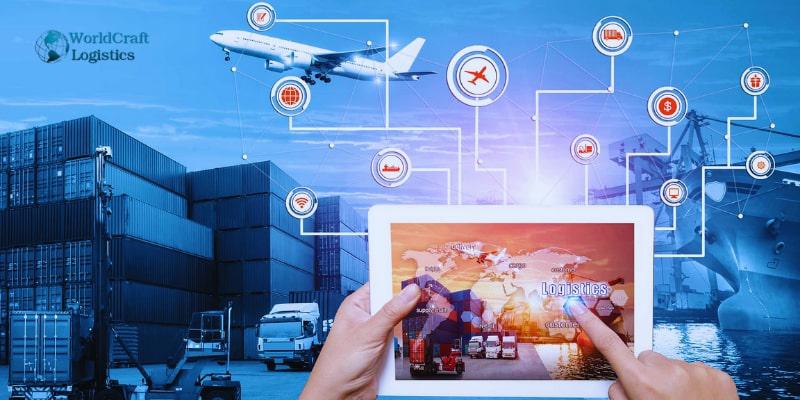
Logistics service provider offer a spectrum of services, crucial for businesses scaling from basic delivery needs to comprehensive supply chain management. The benefits of partnering with LSPs include:
Advanced Technology and Processes: LSPs employ sophisticated shipping processes and technologies, like transportation management systems and IoT devices, providing real-time data and operational insights. This allows businesses to improve customer experiences without building complex infrastructure themselves.
Versatile Shipping Options: With access to various transportation modes, including planes, ships, and trucks, LSPs offer flexible shipping solutions to optimize cost and efficiency, meeting diverse business needs:
Streamlined Returns: LSPs simplify the returns process through convenient mail or drop-off options, saving time and reducing costs associated with centralized returns. This efficiency allows businesses to concentrate more on sales and customer service.
Scalability: As a business grows, LSPs can seamlessly scale operations to handle increased demand, eliminating the need for rapid internal expansion and related costs.
Expert Guidance: LSPs provide more than logistics management; they offer expert advice and insights from their vast network, particularly valuable for businesses exploring new markets or dealing with market fluctuations.
Overall, LSPs offer significant benefits in technology, shipping flexibility, returns management, scalability, and expert insights, making them a vital asset for businesses aiming to optimize their logistics operations.
In the complex world of logistics, understanding the pricing dynamics of services is not only a necessity but an art. The cost of logistics services can vary depending on the route the shipment may take globally.
Imagine a tapestry woven of various factors such as fuel costs, transportation methods, market demand, and technological advances. Understanding these cost factors is important, finding the lowest price but also understanding the value behind every dollar spent.
👉CONTACT Worldcraft Logistics NOW to receive a complete set of detailed quotes for the logistics services you want. We will support you all the way.
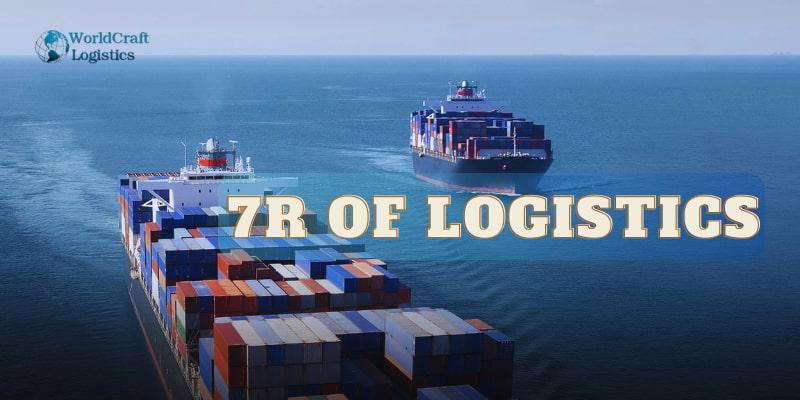
To ensure the success of your logistics process, it's crucial to perfect every aspect, from product design to the ultimate delivery destination.
We'll be diving into the 7R's of logistics (seven fundamental), guiding principles that ensure your product reaches the right customer, in the right condition, at the right time, and in the right place.
✔️ Right Product: Tailor your logistics services and solutions to simplify delivery operations, benefiting both your business and your customers.
✔️ Right Customer: Conduct thorough research to understand your customer base and implement the most effective logistics strategy for delivering shipments to them.
✔️ Right Price: Establish a pricing strategy for your delivery services that balances profitability with operational sustainability.
✔️ Right Quantity: Determine and manage the ideal amount of product, known as your Economic Order Quantity (EOQ), to meet demand, save costs, and enhance efficiency.
✔️ Right Condition: Ensure the safe transportation of your products, maintaining their quality until they are in the hands of your customers.
✔️ Right Time: Achieve timely deliveries to maintain customer satisfaction and the ongoing success of your business.
✔️ Right Place: Employ a robust delivery system, complete with location tracking, to guarantee that your products are delivered accurately to their intended destination.
Understanding and mastering these seven R's will help optimize your logistics process, leading to a smoother operation and improved customer satisfaction.
Here are three straightforward examples illustrating how different types of businesses utilize logistics services:

Local delivery companies and smaller courier services frequently collaborate with third-party logistics (3PL) providers to enhance their delivery capabilities. This partnership allows them access to a broader network of carriers, cutting-edge tracking technologies, and other logistics tools, all of which contribute to quicker, more efficient deliveries.

Small, local stores that offer delivery services often partner with port services or stevedoring and cargo handling companies for managing large shipments of incoming products. These logistics companies ensure that the shops' goods are safely handled, moved efficiently, and delivered accurately and promptly to their destination.

Many emerging online businesses blend in-house logistics with 3PL services to streamline their supply chain, shipping, and delivery processes. This approach might include collaborating with a freight forwarding company for handling imports and exports, engaging a warehouse service for inventory storage and organization, or utilizing TMS logistics software services to refine their transportation strategies.
These examples highlight the versatility and necessity of logistics services across various business models, demonstrating how they can be tailored to meet specific needs and enhance operational efficiency.
A logistics company provides comprehensive logistics services, surpassing the scope of 3PL. These services include transporting products from manufacturers to fulfillment warehouses, offering warehousing and order fulfillment, and managing outbound shipping and direct deliveries to customers.

While both logistics service providers (LSPs) and freight forwarders arrange transportation for goods, including planning and using various transportation methods, LSPs offer broader services and typically engage in longer-term relationships with clients. Unlike freight forwarders who primarily act as intermediaries between companies and transporters, LSPs also manage warehousing and returns. For businesses managing most logistics internally and dealing with occasional complex shipments, freight forwarders might be a cost-effective choice. However, for regular, comprehensive logistics needs, LSPs are generally more efficient.
Transportation is just one component of logistics. The broader scope of logistics encompasses additional services like warehousing, order fulfillment, and managing returns.
A third-party logistics service provider (3PL) is a specific type of LSP. 3PLs, the most prevalent form of LSPs, oversee both inbound and outbound transportation and warehousing. They typically rent out warehouse space to clients and take care of shipment preparation tasks such as labeling and packaging, along with transportation. The term "logistics service provider" is often used in the industry specifically to refer to 3PLs, rather than other types of LSPs.
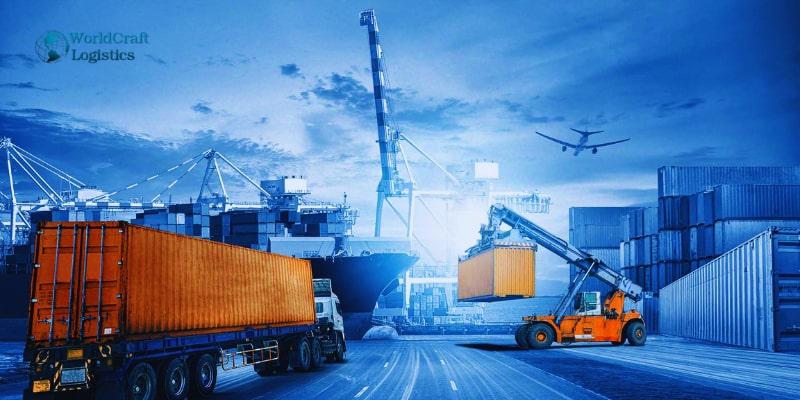
When assessing logistics services for your business, focus on:
Product Needs: Ensure the provider can handle your product type, especially if special conditions are needed.
Volume and Scalability: Check if they can manage your current and future volumes.
Geographic Coverage: Ensure they service all areas you need.
Technology: Look for good tracking systems and integration with your systems.
Cost vs. Value: Balance cost efficiency with quality of service.
Reliability: Research their track record and customer service reputation.
Customization: See if they offer flexible solutions for your specific needs.
Sustainability: Consider their environmental practices if important for your brand.
Regulatory Compliance: Make sure they adhere to relevant laws and standards.
Customer Service: Good communication and service are crucial.
Risk Management: Understand how they handle potential logistics risks.
References: Check reviews or ask for references to gauge performance.
In summary, logistics services are very important in today's business world, facilitating the efficient movement and storage of goods. The choice between logistics service providers (LSPs), freight forwarders, and third-party logistics (3PLs) depends on the company's specific needs. Choosing the right logistics partner is the key to optimizing the supply chain, reducing costs and improving customer satisfaction, thereby playing an important role in the success and growth of businesses in the market. global school. Don't forget to choose the full logistics service of Worldcraft Logistics, let us help your business develop, increase profits and connect with relevant partners.
SEO
Digital Marketing/SEO Specialist
Simon Mang is an SEO and Digital Marketing expert at Wordcraft Logistics. With many years of experience in the field of digital marketing, he has shaped and built strategies to effectively promote Wordcraft Logistics' online presence. With a deep understanding of the logistics industry, I have shared more than 500 specialized articles on many different topics.
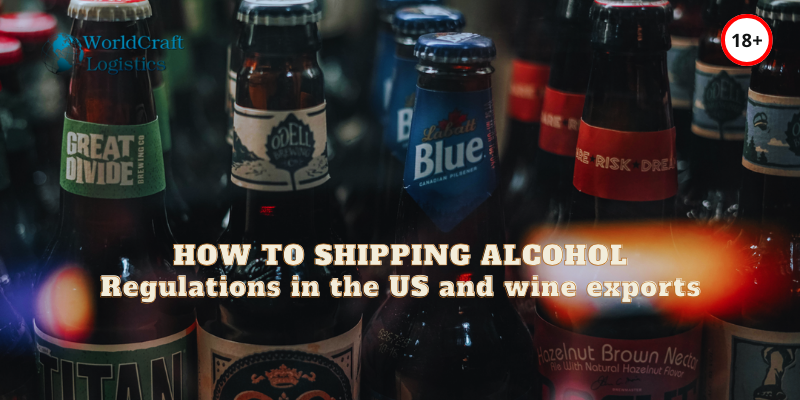
Shipping
12/21/2023
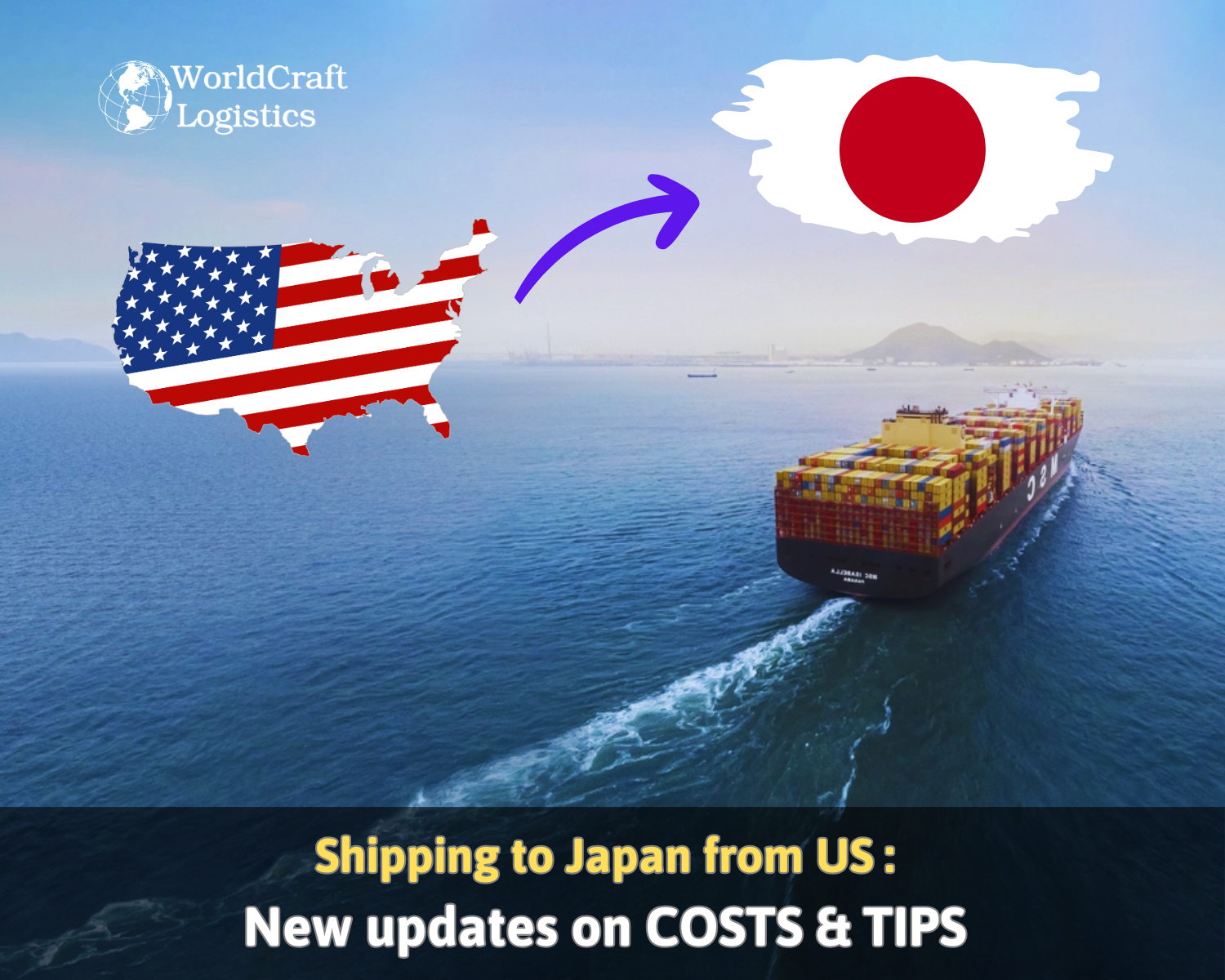
Shipping
02/28/2024
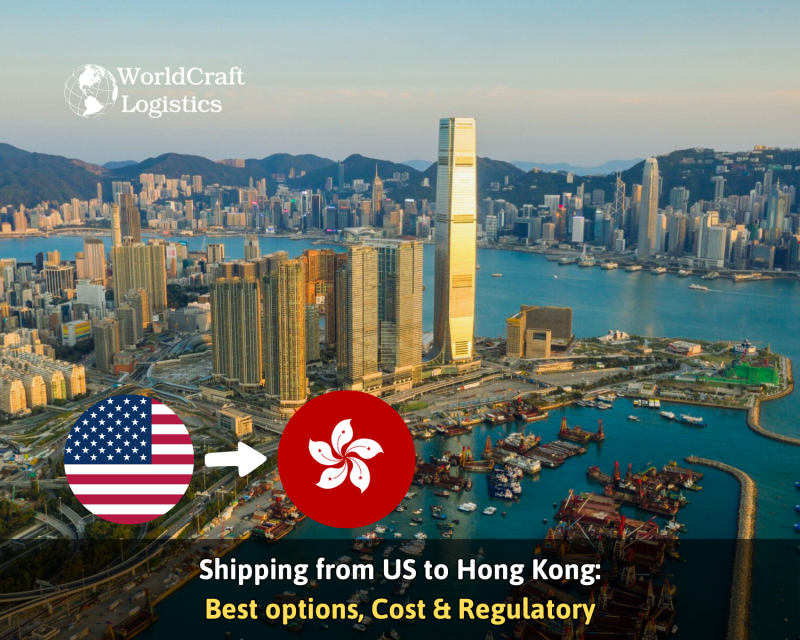
Shipping
04/02/2024
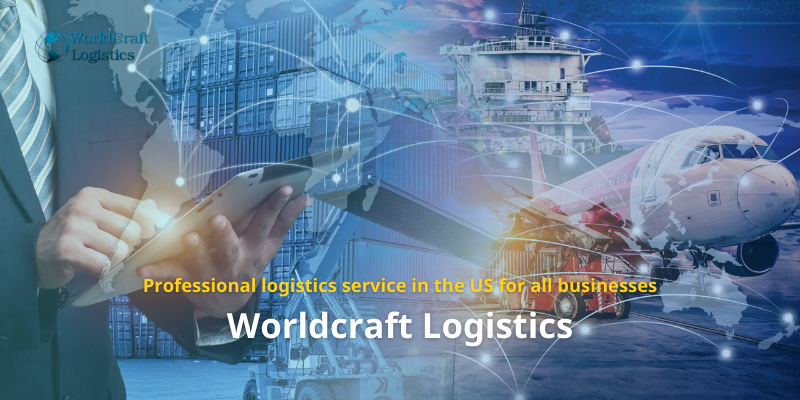
Shipping
12/24/2023
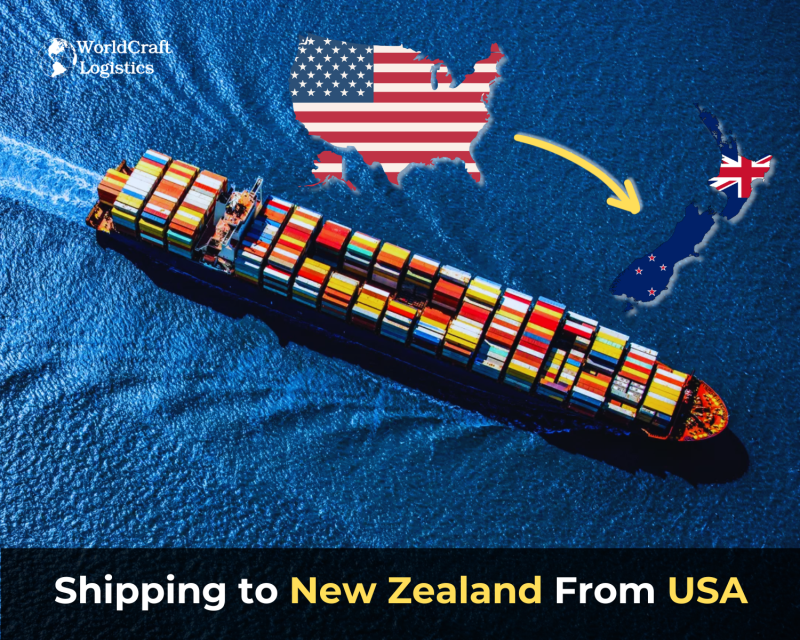
Shipping
11/04/2024